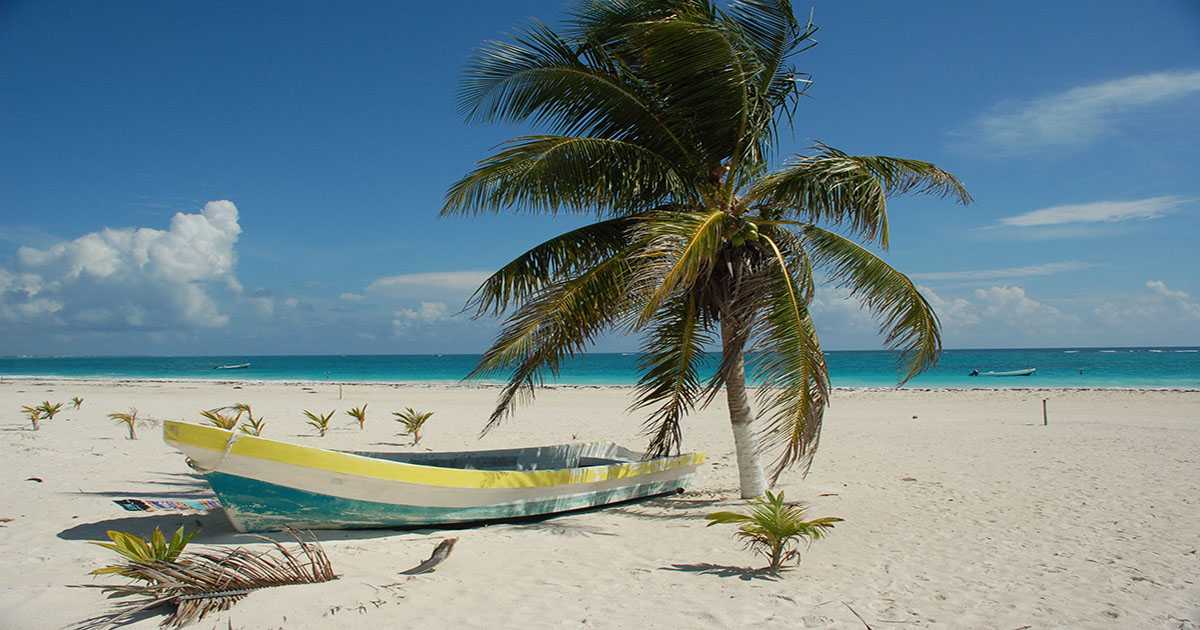by Christal Clashing
Since 2014, the Ministry of Tourism has sought to make Antigua and Barbuda a more responsible tourism destination. So much so, that in November 2020 the country was named “Emerging Sustainable Destination” by Lonely Planet in their “Best in Travel” selections for 2021.
National initiatives like the Green Tourist Initiative, the Mapping of Natural and Cultural Heritage Sites, the Waste to Craft Management Project and the Destination Stewardship Committee, all have one thing in common: they are on-the-ground initiatives. Yet, the world has gone digital with increasingly blurred lines between virtual incentives and on the ground experiences.
However, we’re now entering an age where technology is stepping up its offer beyond the mere internet and social media.
According to the global tech giant, IBM, we’re entering into the age of blockchain, which is as disruptive to the way we do business as the internet was 25 to 30 years ago. Like the internet back then was sometimes a difficult concept to grasp, so too will blockchain be until more businesses worldwide adopt it for everyday use.
A key set of questions are, What is blockchain? What can it do for me? What can it do for my business? While mostly associated with cryptocurrencies, blockchain has a much wider application than as a decentralised currency like Bitcoin. For businesses, what’s important to know is that blockchain acts as a database of recorded transactions between entities that are only updated once the transaction is validated by all the relevant parties involved.
When a transaction is approved, all participants can view that it has been recorded. Records of transactions can be added, but aren’t able to be removed, so there is a record of every transaction and only authorised entities can make records of the events and only agreed upon trusted partners are give access permission.
Depending on the use of the blockchain system, the content and nature of the transactions can be private. All this is done in minutes or seconds, and at low fees, so businesses have the potential to become more efficient and handle increasingly greater numbers of transactions.
One type of blockchain transaction that might be particularly interesting for tourism in Antigua and Barbuda is a cryptocurrency-based awards system that rewards both tourists and residents for their sustainable behaviours. For example, travelling the island walking or biking over driving can be rewarded to reduce carbon emissions. Will taxis take a hit? To a degree, but it will also open up opportunities for supplemental or small business to provide bikes, bike servicing and walking trail support services such as interactive digital maps and greater support of roadside vendors. Tourists who save water and energy at their accommodation sites can be rewarded with discounts or cryptocurrency tokens.
For locals, beach cleanups and depositing trash in established recycling or trash collection sites and receptacles could be traced and instantly rewarded. It’s not just the environment that would benefit. Incentivizing engagement in historical and cultural sites that are outside the typical English Harbour or St. John’s experience could create business opportunities for individuals in the local population who want to share the cultural history of old buildings and associated family stories. In approaching our national history like a business opportunity, the preservation of Antiguan and Barbuda culture is more likely to happen and be passed on to future generations.
The interesting caveat to blockchain for business is that it works best when a collection of companies and enterprises work closely together as a business ecosystem. There has to be a consensus on how membership in the blockchain system will be governed. The tourism industry with a varied and multi-faceted supply chain system may be one of those ecosystems that can be transformed by blockchain technology.
However, it requires cooperation and a level of trust from each involved party. This is a trust that can be backed and tracked through blockchain technology. Once we can get out of our own individual ways and work collectively, the potential for business transformation in the tourism sector is possible. Not just leading us to a sustainable destination to watch, but a destination that leads in innovative sustainable initiatives across the region, and internationally, as a globally recognised must-visit destination.


